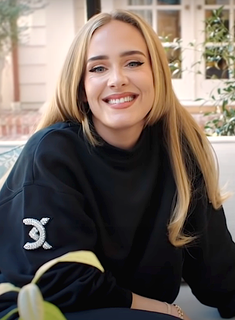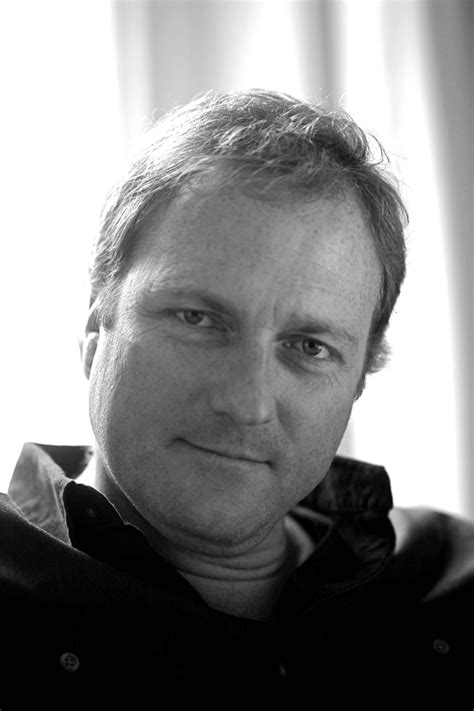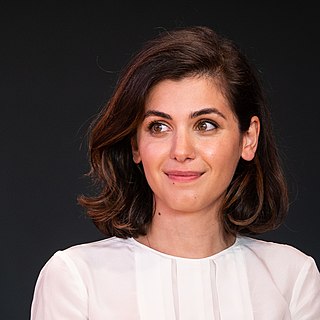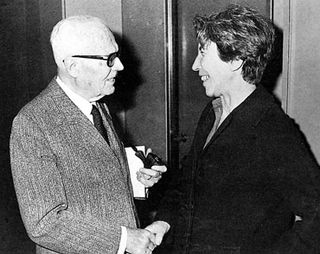A Quote by Rob Lowe
When you're writing personal stories, you have to be totally uncompromising - to the extent that you can be - about yourself. I know that if I am uber-uncompromising with myself, that gives me some latitude to write about others.
Related Quotes
Definitely, there is a sense in my writing that people now know me in a personal way. And to an extent, that's true because I write about very personal things, and I use the personal often to contextualize some of these sociopolitical issues that we're dealing with. And to an extent, they're right. They know something about me.
The secret to writing is writing. Lots of people I know talk about writing. They will tell me about the book they are going to write, or are thinking about writing, or may write some day in the future. And I know they will never do it. If someone is serious about writing, then they will sit down every day and put some words down on paper.
There's a social and human necessity for some kind of continuity, but it's not axiomatic and not something you're born into; it's something you have to work at. And one of the ways to work at it - perhaps the best - is storytelling: telling stories about yourself to others, telling stories about yourself to yourself, telling stories about others to others.
It was tricky [to write about Israelis], because everyone has an opinion about the Arab - Israeli conflict, and when I first started writing these stories, I was working for an Arab - Israeli human rights group. It was during the Second Intifada. It was this totally violent and intense time, and I think there's a part of me where I don't know how to write about that situation without getting my politics out of my messages, and that's something that was important for me not to do in this book.
I don't write because I think I have anything particularly interesting to say. I write because I love writing more than any other work I've done. I do think about entertaining the reader to the extent that I try always to write a book that I myself would want to read, but I don't think it's up for me to decide if what I've written is interesting to others. That is entirely up to others.
Some of the songs are inspired by personal things that have happened. Others have been inspired by other people's stories, you know, like someone that witnesses something and so I tell the story through my own eyes. And some songs are just about how I feel about the world and others about the places that we have travelled to.
It's funny - for a long time, I didn't know I was writing a book. I was writing stories. For me, each story took so long and took so much out of me, that when I finished it, I was like, Oh my gosh, I feel like I've poured everything from myself into this, and then I'd get depressed for a week. And then once I was ready to write a new story, I would want to write about something that was completely different, so I would search for a totally different character with a different set of circumstances.
Darling, You asked me to write you a letter, so I am writing you a letter. I do not know why I am writing you this letter, or what this letter is supposed to be about, but I am writing it nonetheless, because I love you very much and trust that you have some good purpose for having me write this letter. I hope that one day you will have the experience of doing something you do not understand for someone you love. Your father
My vocation is to write and I have known this for a long time. I hope I won't be misunderstood; I know nothing about the value of the things I am able to write. I know that writing is my vocation. When I sit down to write I feel extraordinarily at ease, and I move in an element which, it seems to me, I know extraordinarily well; I use tools that are familiar to me and they fit snugly in my hands. But when I write stories I am like someone who is in her own country, walking along streets that she has known since she was a child, between walls and trees that are hers.


































